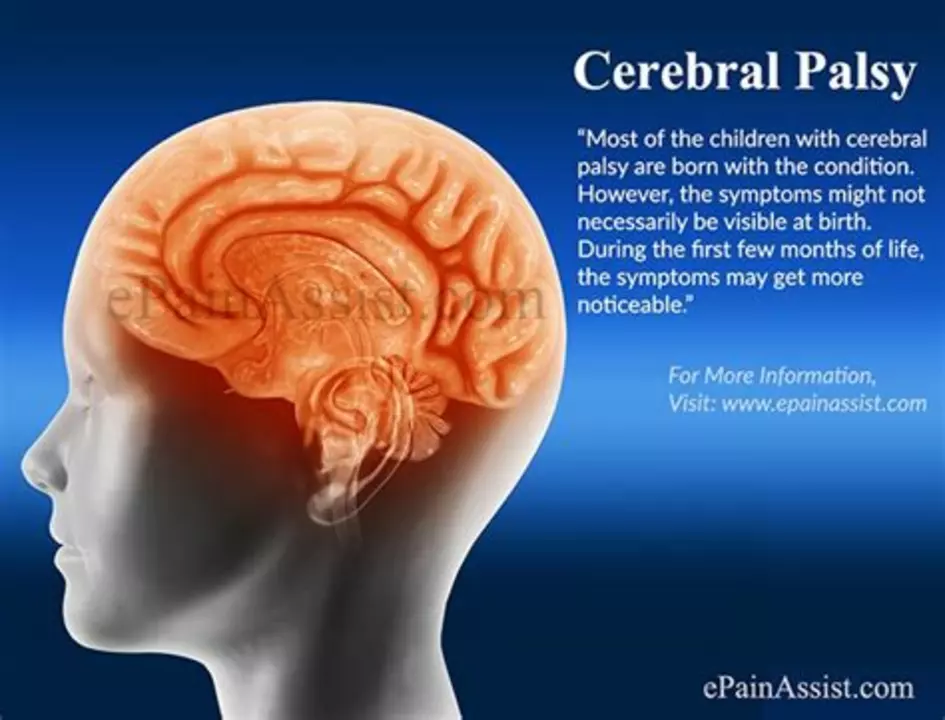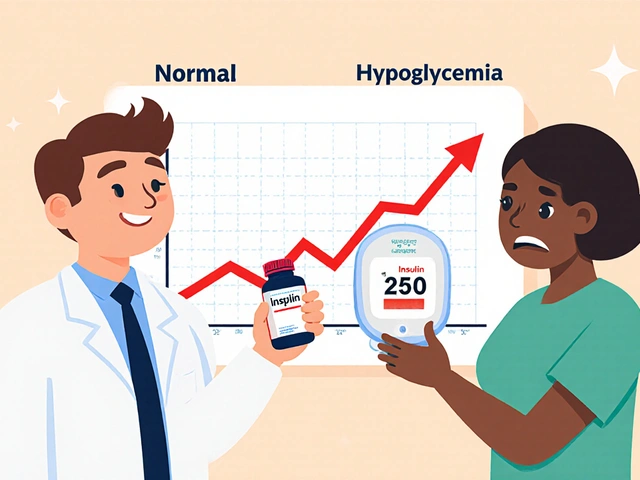Introduction to Sleep Disorders
As someone who has experienced sleep issues in the past, I understand the importance of a good night's sleep. Unfortunately, many people struggle with sleep disorders that disrupt their lives and negatively impact their overall health. In this article, we will delve into the different types of sleep disorders, their causes, and symptoms, in hopes of helping you better understand these conditions.
The Importance of Sleep
Before we dive into the different types of sleep disorders, it's essential to understand the importance of sleep. Sleep is a vital part of our daily routine and overall health. It allows our bodies to repair and rejuvenate, helps us consolidate memories, and plays a critical role in maintaining our mental and emotional wellbeing. When our sleep is disrupted, it can lead to a myriad of health problems, including reduced concentration, mood disturbances, and a weakened immune system. This is why understanding and addressing sleep disorders are crucial.
Common Types of Sleep Disorders
There are numerous sleep disorders, but we will focus on the most common ones in this article. These include:
Insomnia
Insomnia is characterized by difficulty falling asleep or staying asleep, even when given the opportunity to do so. This can be a short-term issue (acute insomnia) or a chronic problem that lasts for months or even years. Insomnia can be caused by various factors, including stress, medical conditions, medications, and lifestyle habits.
Sleep Apnea
Sleep apnea is a potentially serious sleep disorder in which a person's breathing is repeatedly interrupted during sleep. There are two main types: obstructive sleep apnea, caused by a blockage of the airway, and central sleep apnea, which occurs when the brain fails to send the proper signals to the muscles that control breathing. Both types can lead to poor sleep quality and increased risk of other health problems.
Restless Legs Syndrome (RLS)
Restless legs syndrome is a neurological disorder characterized by an uncomfortable sensation in the legs and an irresistible urge to move them, especially at night or while resting. This can lead to difficulty falling asleep and staying asleep, as well as daytime fatigue.
Narcolepsy
Narcolepsy is a neurological disorder that affects a person's ability to regulate their sleep-wake cycle. People with narcolepsy often experience excessive daytime sleepiness, sudden episodes of muscle weakness (cataplexy), sleep paralysis, and vivid hallucinations during the transition between sleep and wakefulness.
Causes of Sleep Disorders
Sleep disorders can be caused by various factors, including:
- Medical conditions, such as chronic pain, heart disease, or neurological disorders
- Medications, including antidepressants, stimulants, and certain allergy medications
- Stress, anxiety, and depression
- Poor sleep habits, such as an irregular sleep schedule or excessive screen time before bed
- Substance use, including alcohol, caffeine, and nicotine
- Genetic predisposition to certain sleep disorders, such as narcolepsy
Understanding the underlying cause of a sleep disorder is crucial for determining the most effective treatment plan.
Symptoms of Sleep Disorders
While the specific symptoms of each sleep disorder may vary, some common signs that you may be dealing with a sleep issue include:
- Difficulty falling asleep or staying asleep
- Excessive daytime sleepiness or fatigue
- Loud snoring or gasping for air during sleep
- Restless movements or leg discomfort during sleep or rest
- Sudden episodes of muscle weakness or loss of muscle control
- Unusual sleep behaviors, such as sleepwalking or night terrors
If you are experiencing any of these symptoms, it's essential to consult with a medical professional to determine the cause and develop an appropriate treatment plan.
Taking Action: Seeking Help for Sleep Disorders
If you suspect that you or a loved one may be struggling with a sleep disorder, it's crucial to seek help from a medical professional. A doctor or sleep specialist can evaluate your symptoms, conduct tests if necessary, and develop a personalized treatment plan to address the issue. Treatment options may include lifestyle changes, medication, therapy, or even the use of specialized sleep equipment.
Remember, sleep is an essential component of our overall health and wellbeing. By understanding sleep disorders and taking action to address them, we can work toward achieving a better night's sleep and improved quality of life.







Comments(19)